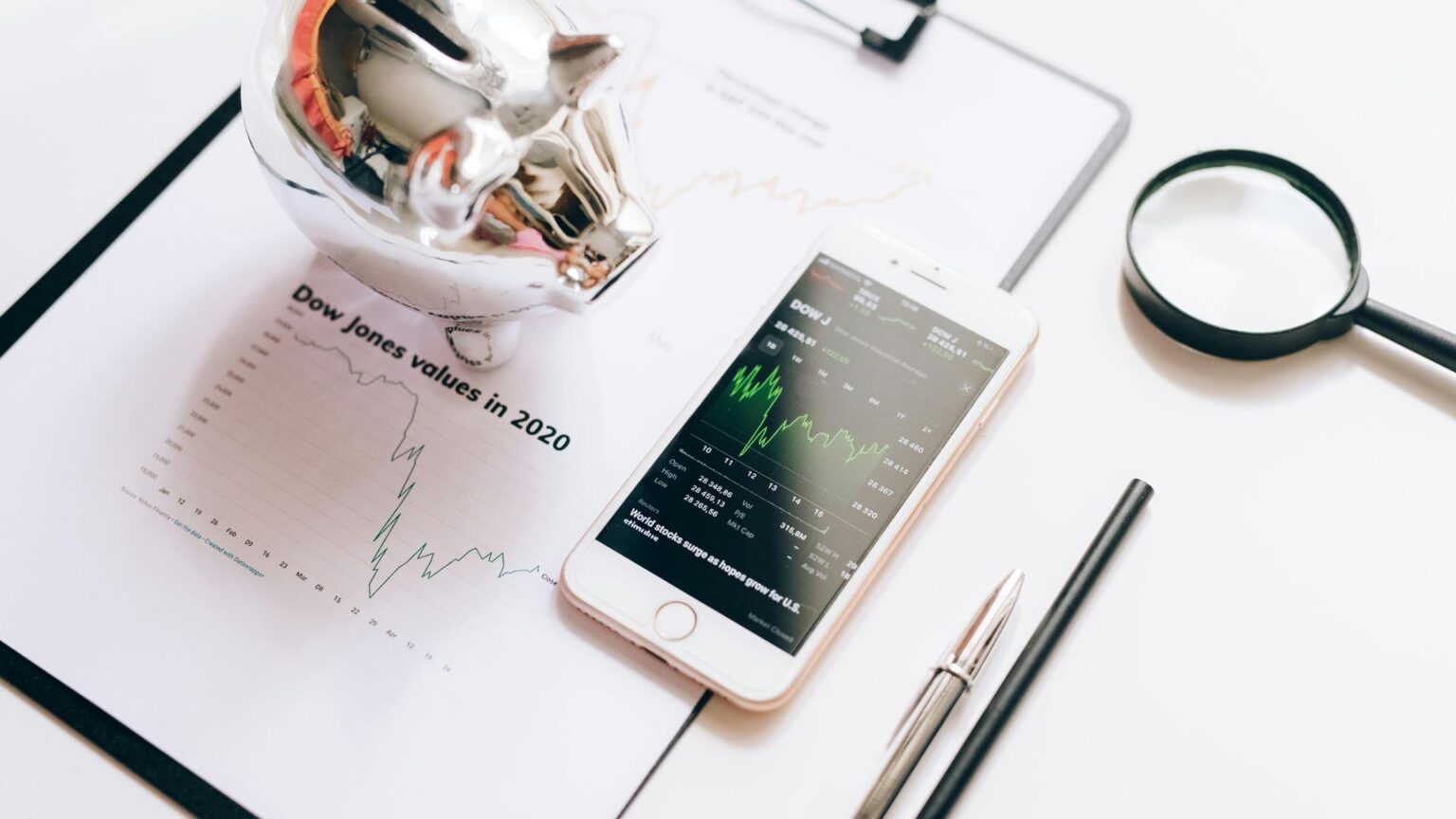Interest rates in the U.S. have been climbing in recent years as inflation continues to increase. As the Federal Reserve works to combat inflation and stabilize the economy, it has a direct impact on your wallet, especially if you’re borrowing money. Understanding how higher rates affect loans and mortgages can help you make more informed financial decisions.
How Higher Rates Affect Loans
When interest rates rise, the cost of borrowing goes up. This means credit cards, personal loans, and auto loans become more expensive over time. If you carry a balance on a credit card with a variable APR, your interest charges may already be creeping higher. For fixed-rate loans, your existing payments won’t change, but any new loan you take out will likely come with a steeper rate.
If you’re in the market for a large purchase, like a car or a house, it might be worth shopping around more aggressively, considering shorter loan terms, or increasing your down payment to reduce the amount you need to finance.
The Mortgage Impact
For homebuyers, higher interest rates can significantly change affordability. A jump of even 1% in a mortgage rate can mean hundreds of dollars more in monthly payments for the same home. This can limit your buying power, potentially pushing you toward smaller homes or different neighborhoods.
If you already own a home and have a fixed-rate mortgage, you’re protected from these increases. However, if you have an adjustable-rate mortgage (ARM), expect your payments to rise when your rate resets. Refinancing to a fixed rate could be a smart move—if you can lock in before rates climb further.
What You Can Do Now
- Pay down variable-rate debt: Credit card balances and other variable loans should be top priority, as their interest will keep rising.
- Lock in rates where possible: Whether it’s a mortgage, personal loan, or home equity line of credit, securing a fixed rate now can protect you from future increases.
- Reevaluate big purchases: If higher rates stretch your budget too thin, delaying a large purchase might be the safer choice.
- Boost your credit score: A better score can help you qualify for lower rates, softening the impact of overall rate hikes.
Rising interest rates aren’t inherently bad—they’re a tool to stabilize the economy—but they do mean borrowing money costs more. By understanding how these changes affect your loans and mortgages, you can take steps to protect your finances and make decisions that keep you on track, no matter where rates head next.


